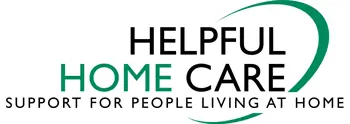Who Qualifies for Care Funding
We understand that care funding can be a bewildering issue and process with many people unsure about the funds they are entitled to and how they can access or use these. We hope the information provided on our website assists with answering some of the questions you may have however we are always happy to speak with you over the phone or in person to give more details specific to your personal situation and care requirements.
Assessing your contribution to your care
In England the threshold after which you will have to pay for your care in full is £23,250. If your assets exceeds this amount, which includes most savings and investments, your local authority will consider you able to pay for care yourself. It is important to remember that for care within your own home, the value of your property will not be taken into account.
If your assets have a value of less than £14,250, then you will not have to contribute to the cost of funding care, whilst if they value between £14,250 and £23,250 then you will usually be required to pay £1 for every £250 of assets you own between the lower £14,250 and upper £23,250 limits.
ASSET VALUE OF PERSON REQUIRING CARE
LESS THAN £14,250
FROM £14,250 TO £23,250
MORE THAN £23,250
ASSET VALUE OF PERSON REQUIRING CARE
CAPITAL WILL BE IGNORED IN ASSESSMENT
INCOME VALUE OF £1 PER £250 OF CAPITAL
FULL CONTRIBUTION REQUIRED
The value of your home is not included
If you are receiving or will be receiving care in your own home, the value of your home is not counted within the means test for care funding.
Joint savings
In calculating your financial situation on any assets jointly held, only the proportion you are deemed to own is taken on to account. For example, for a couple which has £30,000 in savings in a joint bank account this would be seen as having £15,000 in assets.
